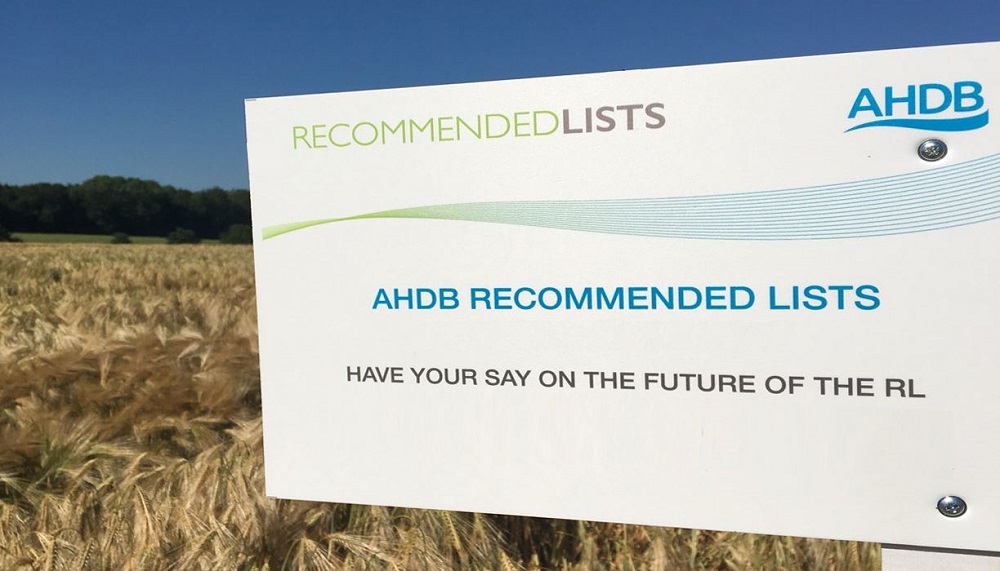- Home
- Knowledge library
- Impact of fungicide programmes on the performance of cereals and oilseeds varieties (scoping review)
Impact of fungicide programmes on the performance of cereals and oilseeds varieties (scoping review)
Summary
This project reviewed evidence on how reduced fungicide inputs impact the relative performance of cereal and oilseed varieties. It also identified potential options for testing varieties under reduced fungicide inputs.
Several approaches were taken to review the evidence:
- Consideration of current variety trial inputs, in relation to AHDB guidance on fungicide inputs, highlighting the potential areas for reducing fungicide use.
- Reviewing evidence from the academic literature, AHDB reports and company trials data on the impact of reduced fungicide inputs on variety performance.
- Meeting with stakeholders to gather views on reduced-input variety testing.
- Consideration of mathematical modelling as a potentially cost-effective means of predicting how varieties are likely to perform under reduced inputs.
The knowledge gaps, findings and recommendations from exploring these approaches were summarised and suggestions for variety testing under reduced variety inputs provided.
Key knowledge gaps include:
- A lack of information relating to crops other than wheat
- A lack of understanding of potential interactions with other factors, such as nitrogen inputs
- A lack of knowledge on varietal tolerance to disease
Key findings include:
- Current Recommended Lists (RL) variety-testing approaches are suitable for testing under reduced fungicide inputs, with a fungicide protocol reflecting best practise on farm
- An ADAS variety x fungicide model (based on the multiplicative survival model) is suitable for predicting how varieties are likely to perform under different fungicide inputs
Key recommendations include:
Three suggestions for variety testing under reduced fungicide inputs:
- Test all varieties under a reduced fungicide input programme.
- Test a subset of resistant and susceptible varieties and predict the performance of the rest using mathematical modelling.
- Demonstrate the potential for reduced inputs on a subset of resistant varieties.
The recommendations also considered how RL tests could link with Variety Lists (VL) tests.
Recommended Lists review (2022–2023)
Typically, the main RL project runs in five-year phases, with a large-scale public review conducted during each project phase. The need for information on evidence of varietal responses under lower-input scenarios was identified as part of the RL 2022–2023 review, with this scoping review commissioned as part of follow-up activities.
Downloads
RR99 final reportRelated research projects
Related resources


